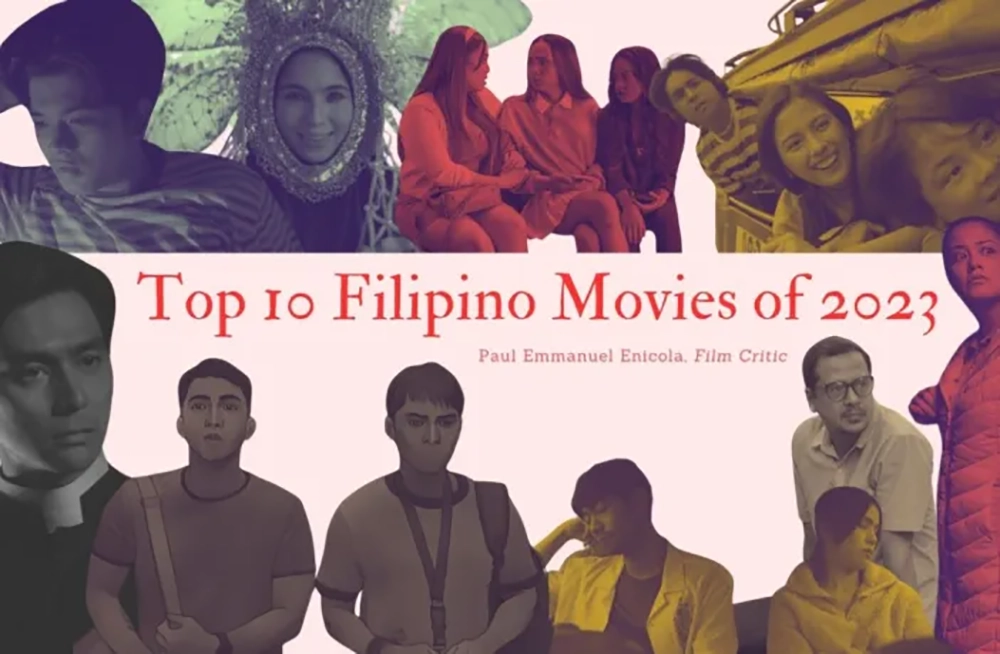I’ll let you in on a little secret: I used to hold Filipino movies to a low regard.
Don’t get me wrong — I love a good Pinoy story onscreen as much as the next person. But for the longest time, Philippine cinema has played things safe; and by safe, we mean profitable. Needless to say, formulaic Filiipino movies featuring household names starring in melodramatic or slapstick roles have been the norm. It took Jerrold Tarog’s 2015 film “Heneral Luna” before I saw how much my perspective needed readjustment.
Filipino moviegoers, it turns out, can appreciate a good movie and will flock to cinemas in droves to watch (and re-watch) it. What’s needed, instead, is the support for filmmakers with good, unregurgitated stories to tell.
This brings me back to my earlier statement: While I used to hold Filipino films to a pedestrian regard, I don’t espouse the same belief today. Heck, even the oft-maligned Vivamax films made a movie that I really appreciated. (Tip your hat and take a bow, “Flirtatious.”)
Indeed, from animated films and documentaries to slow-burn meditations in black-and-white, 2023 was a great year for Philippine cinema.
Here are 10 Filipino films that made my personal list.

10. ‘Where is the Lie?’ (dir. Quark Henares)
Despite the filmmaker’s choice to frame this story about catfishing through a “she said, they said” approach and present it as a dark comedy; there’s so much to like about Quark Henares’ “Where is the Lie?” (originally titled “Marupok AF”). For instance, the movie works as a gentle film that focuses on one’s insistence of wearing rose-tinted glasses because they make her feel special. But by doing so, all the red flags she’s supposed to spot from the get-go end up looking just like any other flag.
More importantly, at its core, the film is a cautionary tale about the dangers of whirlwind relationships, especially in today’s technology-driven world.
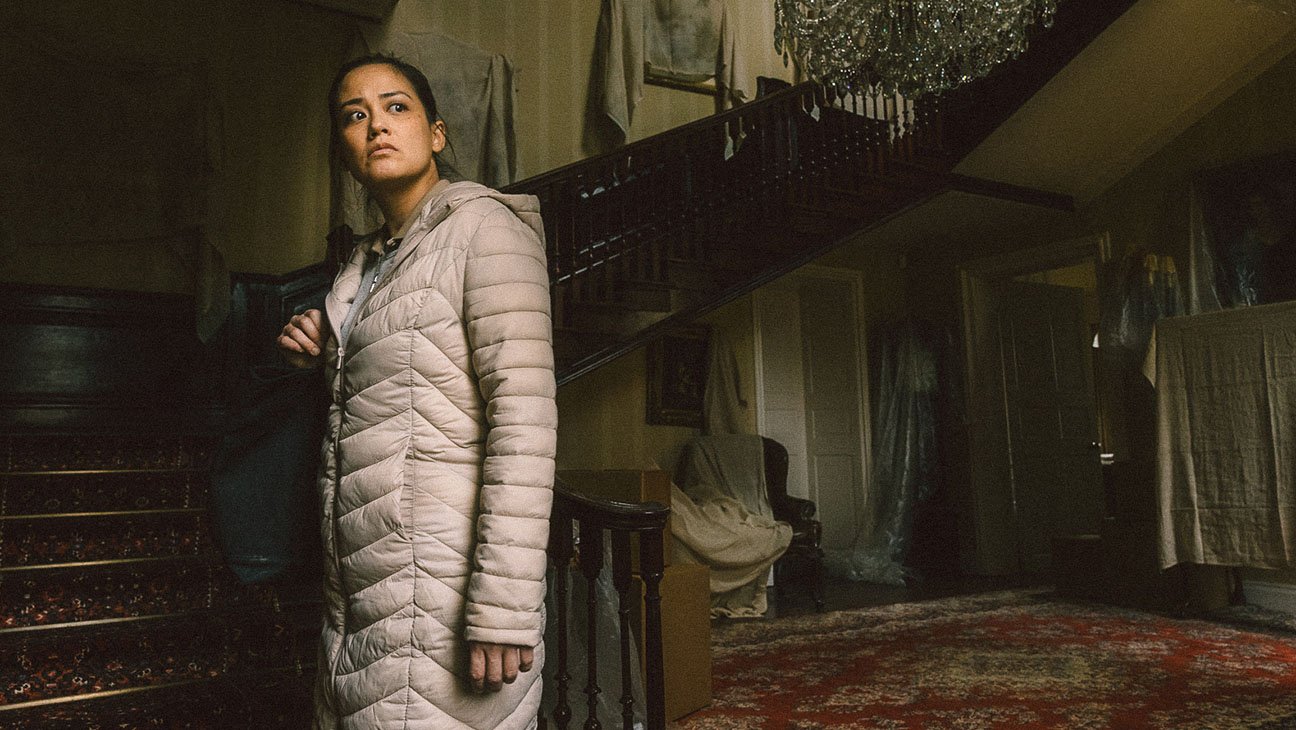
9. ‘Raging Grace’ (dir. Paris Zarcilla)
This is a controversial pick, not because of the quality of the film, but because this is a British production—albeit one written and directed by a Filipino and starring one of the finest actresses in Philippine cinema today. As timely as it is creepy, Paris Zarcilla’s “Raging Grace” relies heavily on its atmospheric, unsettling quality; so much that several times it has to bank on Max Eigenmann’s performance and utilizes it to the hilt.
This lifeline makes up for the unevenly yoked marriage of jump scares and social commentary on immigrant workers; the latter of which, by the way, being waaaay scarier.

8. ‘Firefly’ (dir. Zig Dulay)
As a heartwarming fantasy film about the magic of storytelling, Zig Dulay’s “Firefly” exudes sincerity with its mother-and-son story—maybe a little overeager, in fact, to tug at the heartstrings. It almost-obsessively aims to make the audience care for its characters, so much that it can prove counterintuitive at certain points of the film.
Nevertheless, there’s a lot to admire about the movie. Len Calvo’s playful score and Neil Daza’s travelogue-like cinematography complement an overall good screenplay from Angeli Atienza; and the same abovementioned sincerity is more than enough to trump its more glaring shortcomings. Also: Watch out for Euwenn Mikael. That kid’s going places.
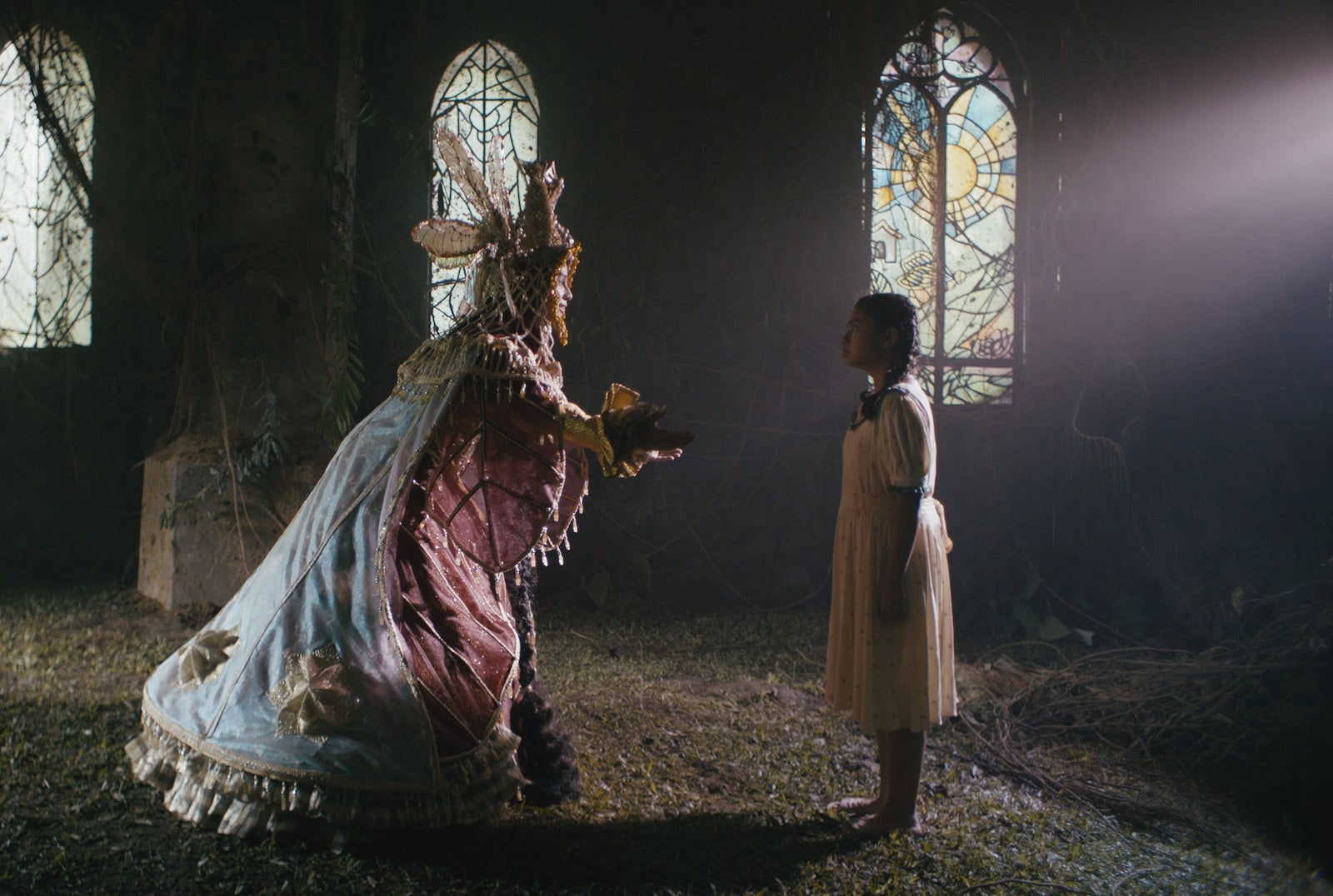
7. ‘In My Mother’s Skin’ (dir. Kenneth Dagatan)
Kenneth Dagatan’s steady direction gets plenty of help from the technical aspects, namely Russell Morton’s gorgeously eerie camerawork, Ming-Cheng Kao’s editing, and Sing Wu’s music. This union consequently lends credence to “In My Mother’s Skin,” a part-folk and part-body horror that repulses as well as it shocks. Think of “Pan’s Labyrinth” directed by a Cronenberg (more Brandon than David, though).
While its narrative choice to set the story at the tail end of World War II adds aesthetic texture to its already creepy atmosphere; the film could’ve done away with it and instead shot it in a contemporary rural setting and it would’ve still worked—maybe even better.
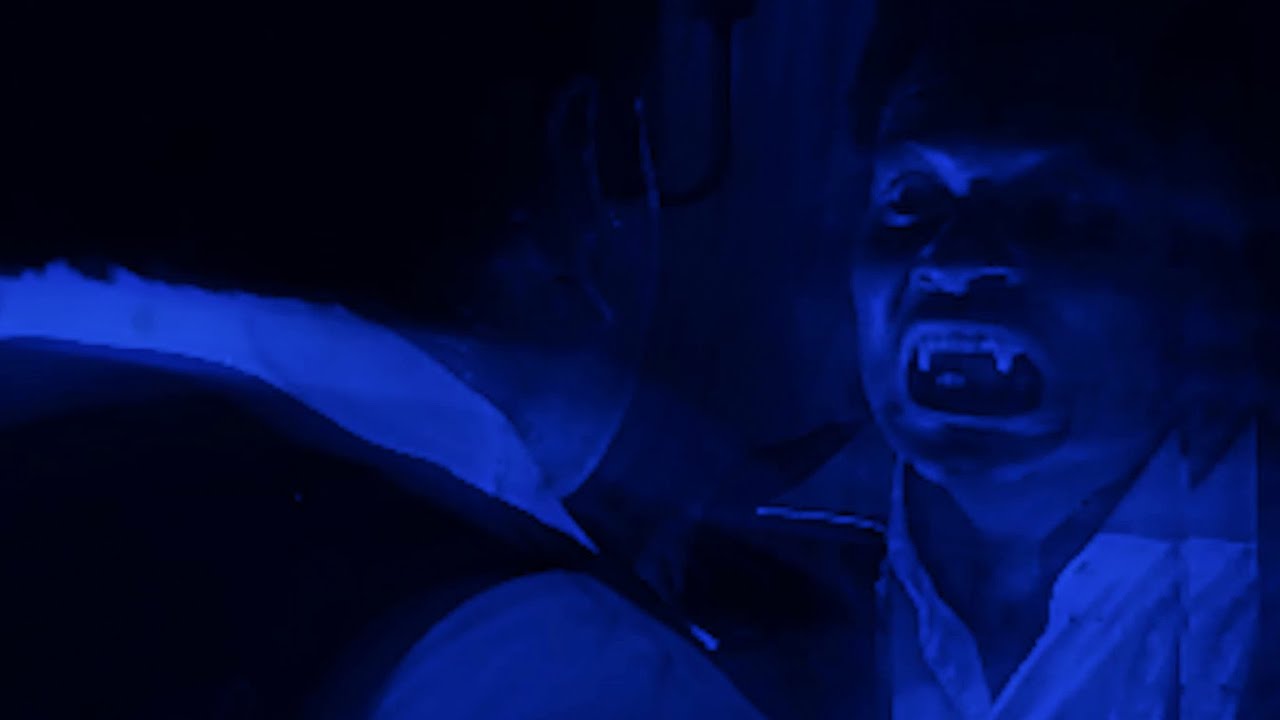
6. ‘Nitrate: To the Ghosts of the 75 Lost Philippine Silent Films’ (1912–1933; dir. Khavn)
To the average moviegoer this might be a vignette of nothings, an experimental film that simply weaves together 75 Philippine silent films lost beyond recovery. But for someone who loves film, boy. This is almost a required viewing.
Khavn’s undertaking with “Nitrate: To the Ghosts of the 75 Lost Philippine Silent Films (1912–1933)” should galvanize both the stewards and appreciators of Philippine cinema to champion film preservation. After all, such medium serves as kaleidoscopic canvases that depict Philippine arts, history, values, and—most important of all—identity.
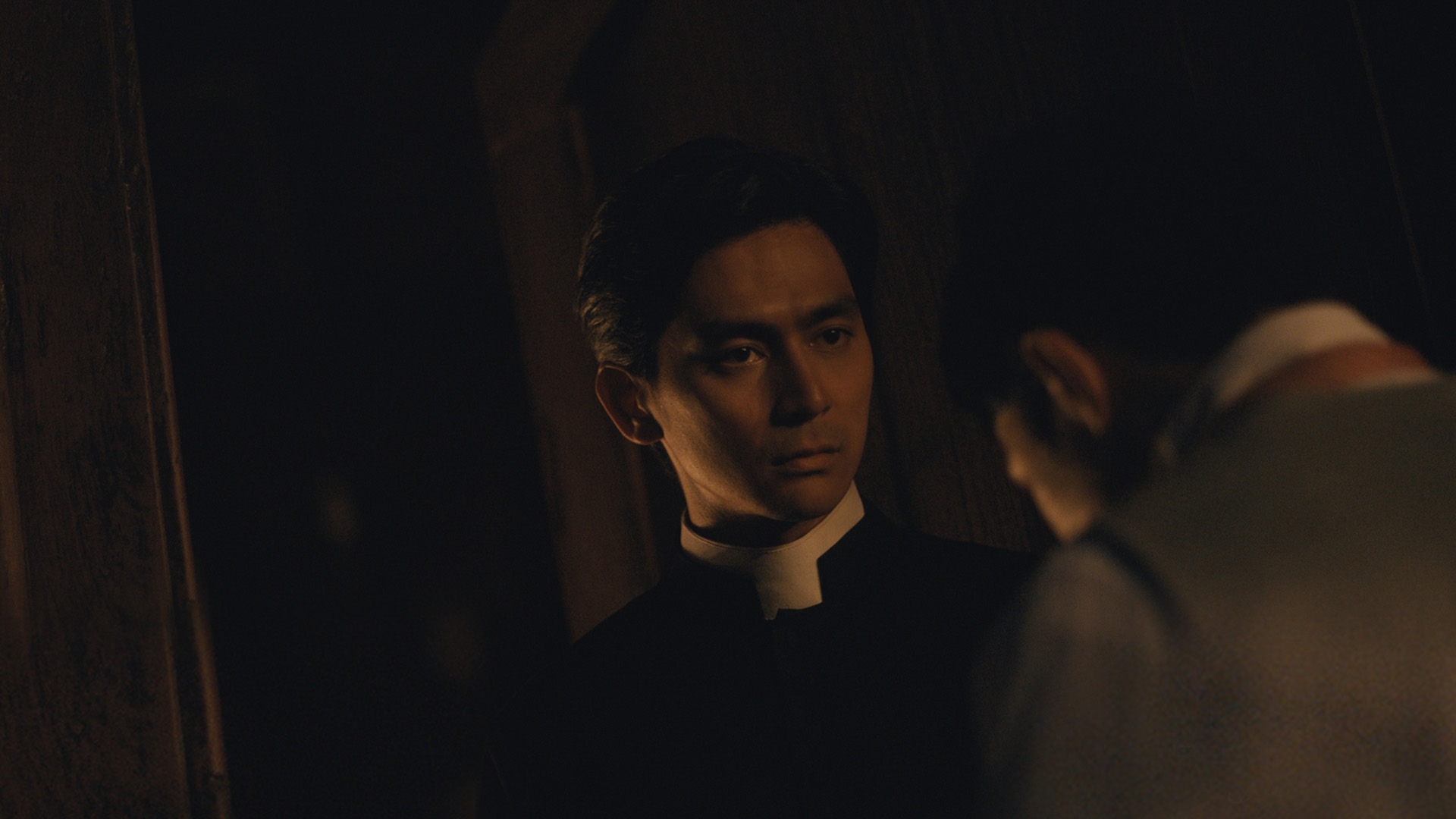
5. ‘Gomburza’ (dir. Pepe Diokno)
In “Gomburza,” Director Pepe Diokno aims to cover as much Philippine history as he can, sometimes to the movie’s own detriment. Thus, this is a very rare case wherein I wished the film were longer, because I understand how important it is to give the narrative enough space to breathe. After all, this is an integral chapter in the country’s history that most of the youth today probably know little to nothing about.
With its subject matter comes a levelheaded observation that its patriotic undertones can be mistaken for jingoism. But I think that’s the point the filmmakers were trying to make: If it takes an extra pinch of patriotism from watching Philippine history to fight today’s injustices, then it’s a fair trade.

4. ‘Huling Palabas’ (dir. Ryan Machado)
Amidst the rise of VCDs and the waning days of VHS tapes in 2000s Romblon, a movie-loving 16-year-old boy spends his summer renting VHS tapes with his childhood best friend. One day, a VCD-owning man from the city visits the town, catching the boy’s eye and spurring the latter’s self-exploration.
Ryan Machado’s coming-of-age film “Huling Palabas” (lit. ‘Last Show’) is as much a film about a 16-year-old’s sexual awakening as it is a filmmaker’s ode to his hometown. With extensive shots of Machado’s quaint and laidback province of Romblon, “Huling Palabas” also introduces audiences to the Onhan language, which adds to its appeal as a film that tells a story any Filipino moviegoer can relate to, regardless of language, dialect, and sexual orientation.
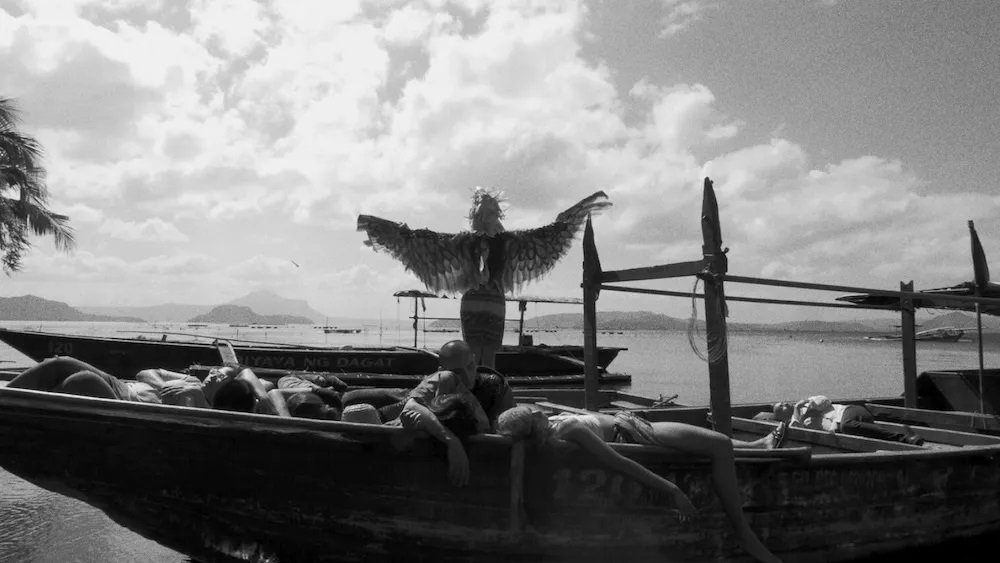
3. Essential Truths of the Lake (dir. Lav Diaz)
As a prequel to Lav Diaz’s earlier movie “When the Waves are Gone,” “Essential Truths of the Lake” won’t probably earn Diaz new admirers. But what’s certain is that his ardent supporters would likely adore him even more.
The film sees the director at his more probing and introspective modes, asking more questions than it answers them. And in doing so, “Essential Truths of the Lake” drives home its singular point: This is essentially Diaz’s own expression of indignation—unfiltered, clumsy, sincere all at once—toward the injustices committed by an extrajudicial-killing government that, until now, has yet to be held accountable.
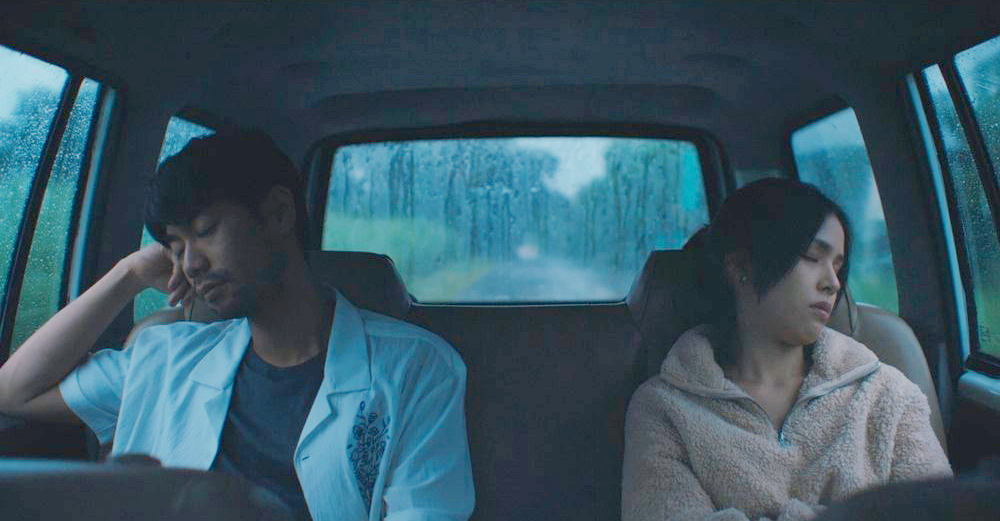
2. ‘Gitling’ (dir. Jopy Arnaldo)
When a Japanese filmmaker Makoto (Ken Yamamura) flies to Bacolod to promote his recent film, he’s assigned a translator (Gabby Padilla) who’d work on the former’s subtitles. What starts as a professional working dynamic turns into something more, highlighting the power of language not only to collaborate and communicate, but also to confuse and conceal.
Shades of “Drive My Car,” “Before Sunset,” and the meditative films of Hong Sang-soo infused with Philippine sensibilities, “Gitling” (lit. ‘Hyphen’) doesn’t cheapen the romantic genre as some films are wont to do. Director Jopy Arnaldo captures the latent tension between his leads, especially heightened by borrowed time. Using five languages—six, if we can count all the nonverbal cues—to tell a story is a herculean task if the filmmaker wants the audience to latch onto the characters with emotional investments ready for the protagonists’ taking. And yet here we are, ranking said film near the top.
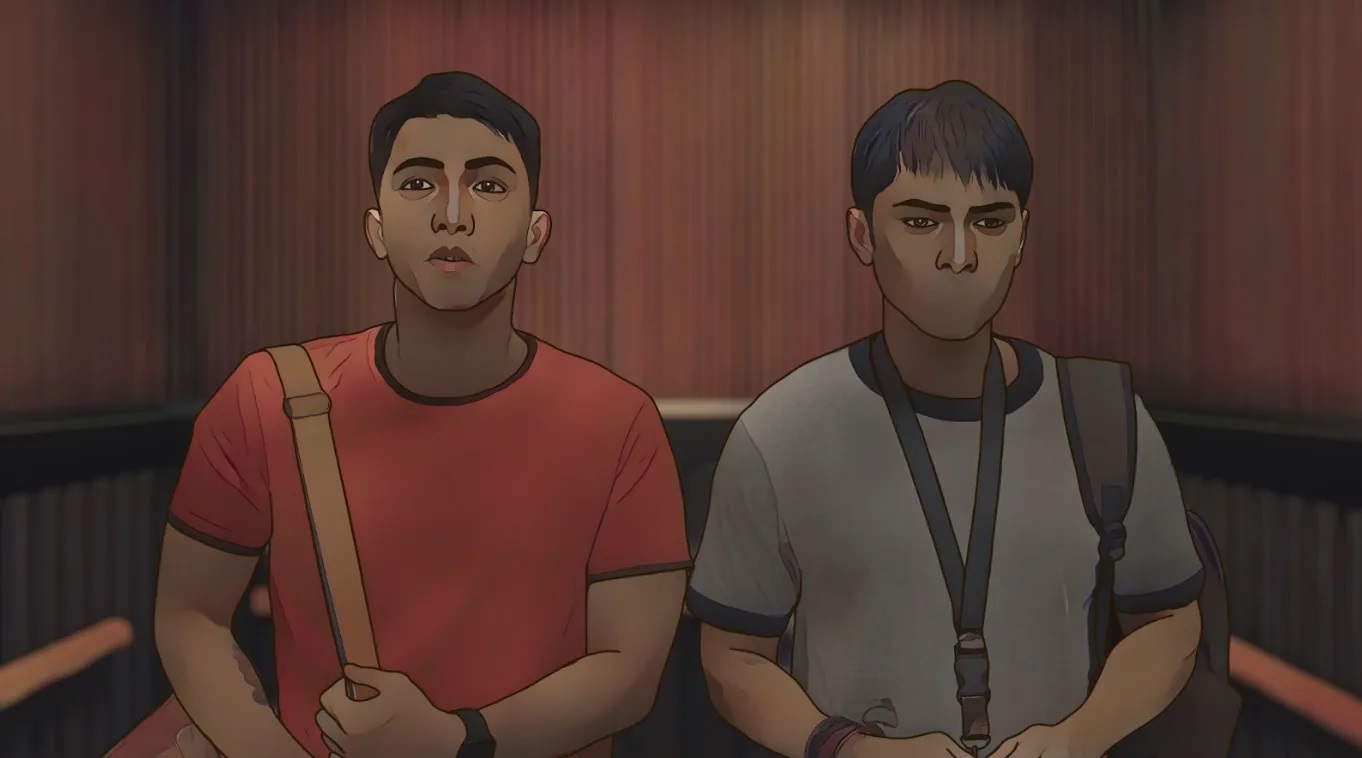
1. ‘Iti Mapukpukaw’ (dir. Carl Joseph Papa)
In 2023 I attended Cinemalaya for the first time, and this was the first film I saw in person. By the time the credits rolled, I’d always known Carl Joseph Papa’s “Iti Mapukpukaw” (titled “The Missing” internationally) was my Filipino film of the year. Shot in rotoscope animation, Papa’s movie sheds light on the unspeakable effects of trauma and grief. However, I fell in love more with the film highlighting how a strong support system can help victims navigate their journey toward healing, something Papa said was very important for him.
Not often do films like “Iti Mapukpukaw” grace the local screens. But when they do, audiences are left with awe, knowing they’ve just witnessed the magic of Philippine cinema. And as the country’s official entry for the Best International Feature Film category at the 96th Academy Awards, the film rightfully claims the title of best Filipino film of 2023.
Honorable Mentions:
- “Ang Duyan ng Magiting” (dir. Dustin Celestino)
- “Nowhere Near” (dir. Miko Revereza)
- “Third World Romance” (dir. Dwein Baltazar)
- “National Anarchist: Lino Brocka” (dir. Khavn)

